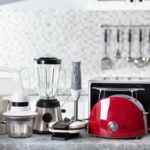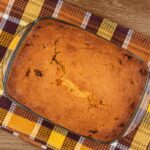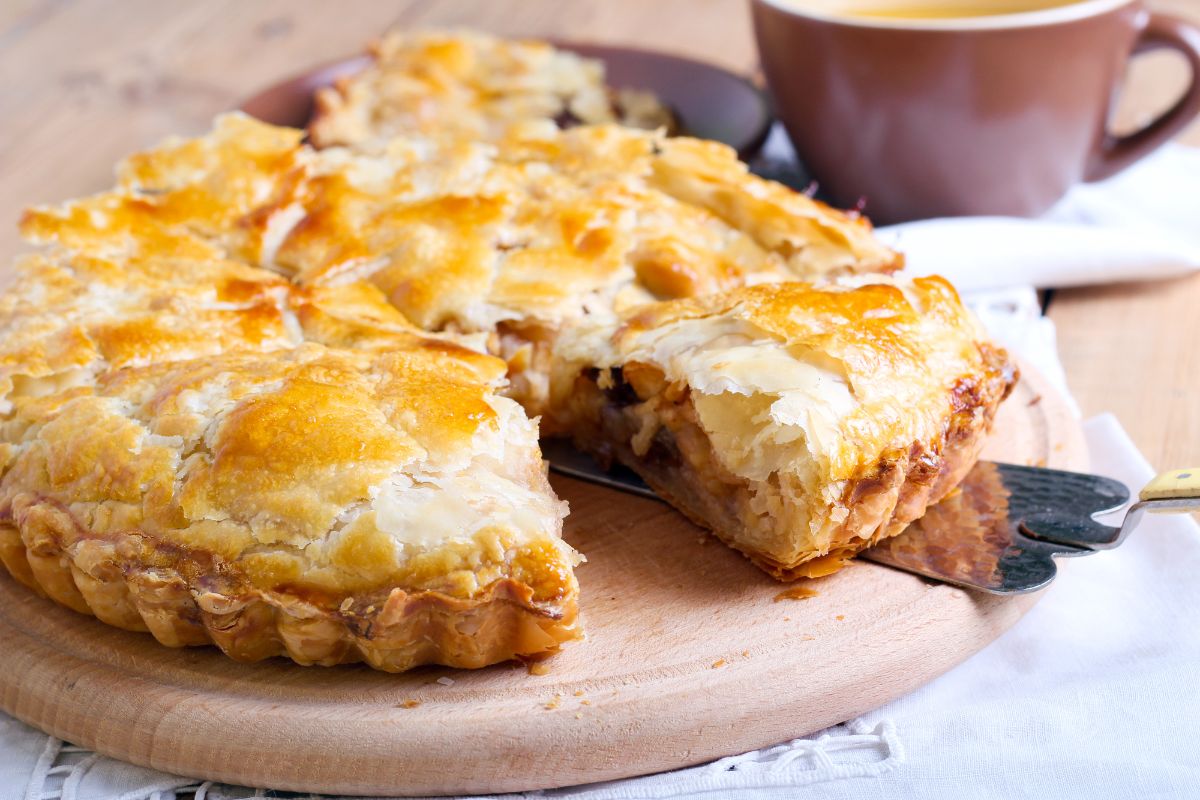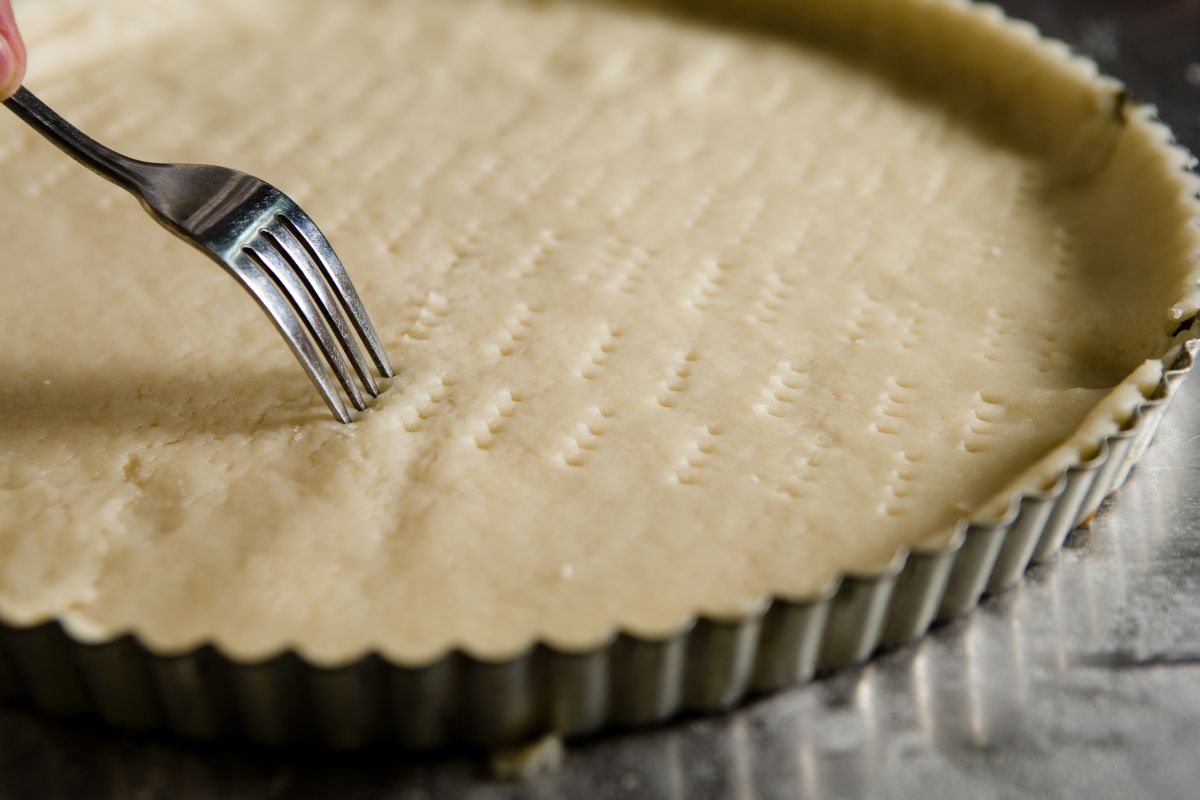Aluminum has long been used as a material for cooking equipment due to its light weight and durability. It’s also relatively inexpensive compared to other materials like stainless steel and cast iron, making it an attractive option for many budget-conscious cooks.
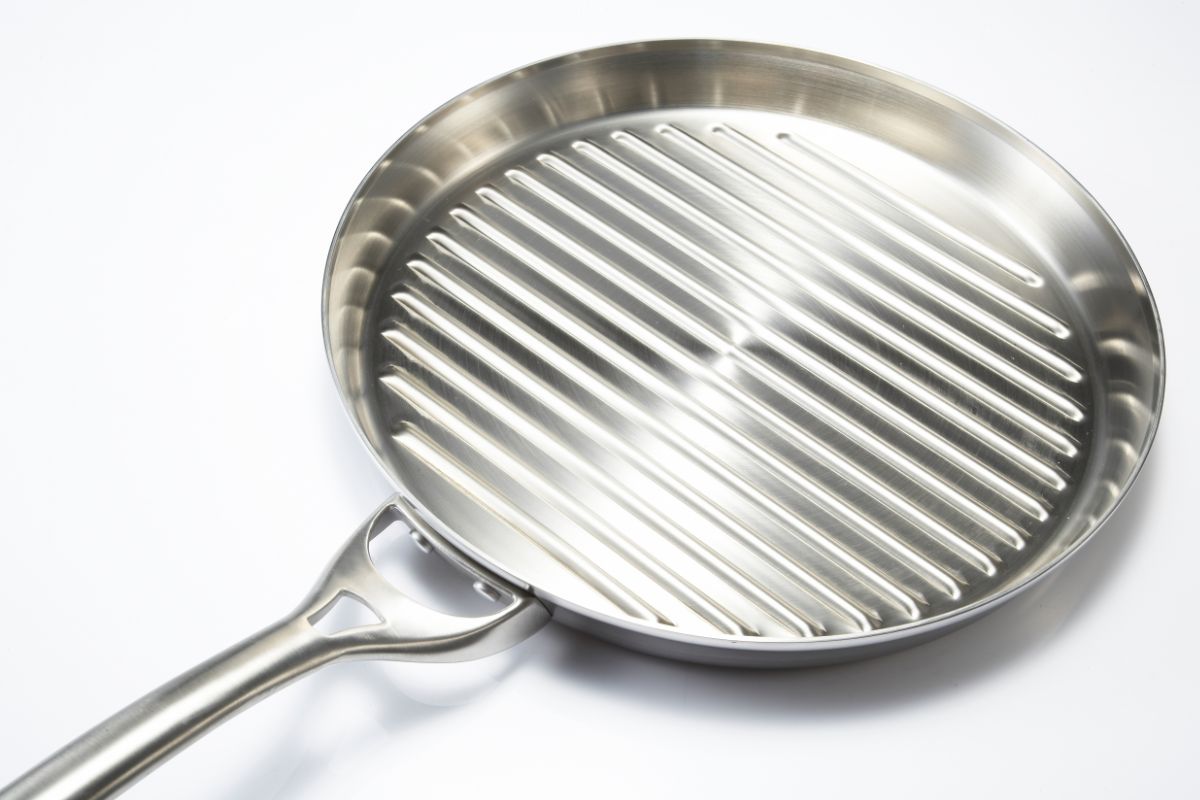
But just because it’s affordable doesn’t mean that aluminum is safe for use in the oven – there are certain considerations that must be taken into account before putting an aluminum pan in your oven.
If you’ve ever been curious about whether aluminum pans can go in the oven, you’re not alone. This article will cover all the details of using aluminum pans in the oven. Read on to learn everything you need to know about baking with aluminum.
At What Temperature Does An Aluminum Pan Become Toxic?
When heated to temperatures over 400F, aluminum can leach into food. However, that amount of heat isn’t reached by normal baking or roasting temperatures, which range from 325-450 °F.
As long as aluminum is not exposed directly to open flames or electric coils, it should be safe for use in the oven. Additionally, make sure that you grease your pan with oil or butter before adding any ingredients, as this will help prevent sticking and burning while baking.
How To Cook With Aluminum Pans?
As mentioned earlier, Yes, aluminum pans can go in the oven. However, there are some precautions to take when cooking with aluminum in the oven.
Aluminum is a reactive metal, which means that it can leach into food, especially acidic foods like tomato sauce, so it is important to line the pan with parchment paper or foil before use.
Additionally, aluminum pans should not be placed directly on an exposed heating element, as this could cause the pan to warp.
When using an aluminum pan in the oven, it is essential to keep a close eye on how long it has been in the oven for – aluminum heats up quickly and can burn food if left for too long.
It is also important to check that the pan is safe for temperatures of up to 450 °F (ca. 232 °C). Most aluminum pans are labeled as safe for oven use; however, if there is no label present, then it’s best to assume that they are not suitable for use in the oven.
Finally, when cooking with an aluminum pan in the oven, be sure to let it cool down completely before cleaning and storing – sudden temperature changes can cause warping and damage over time. Taking these simple steps will ensure your aluminum pan remains safe and effective for years to come.
Alternatives To Aluminum Cookware
Aromatic spice-infused meals can be created with the perfect cookware. But what alternatives are there to aluminum pans? Let’s explore some of these options.
Ceramic
If you’re looking for an option that won’t alter the flavor of your food, then ceramic cookware is the right choice.
Ceramic cookware is ideal for slow cooking and baking, as it distributes heat evenly and retains it longer than aluminum or other metals. Plus, its nonstick surface makes it easy to clean after use.
Cast Iron
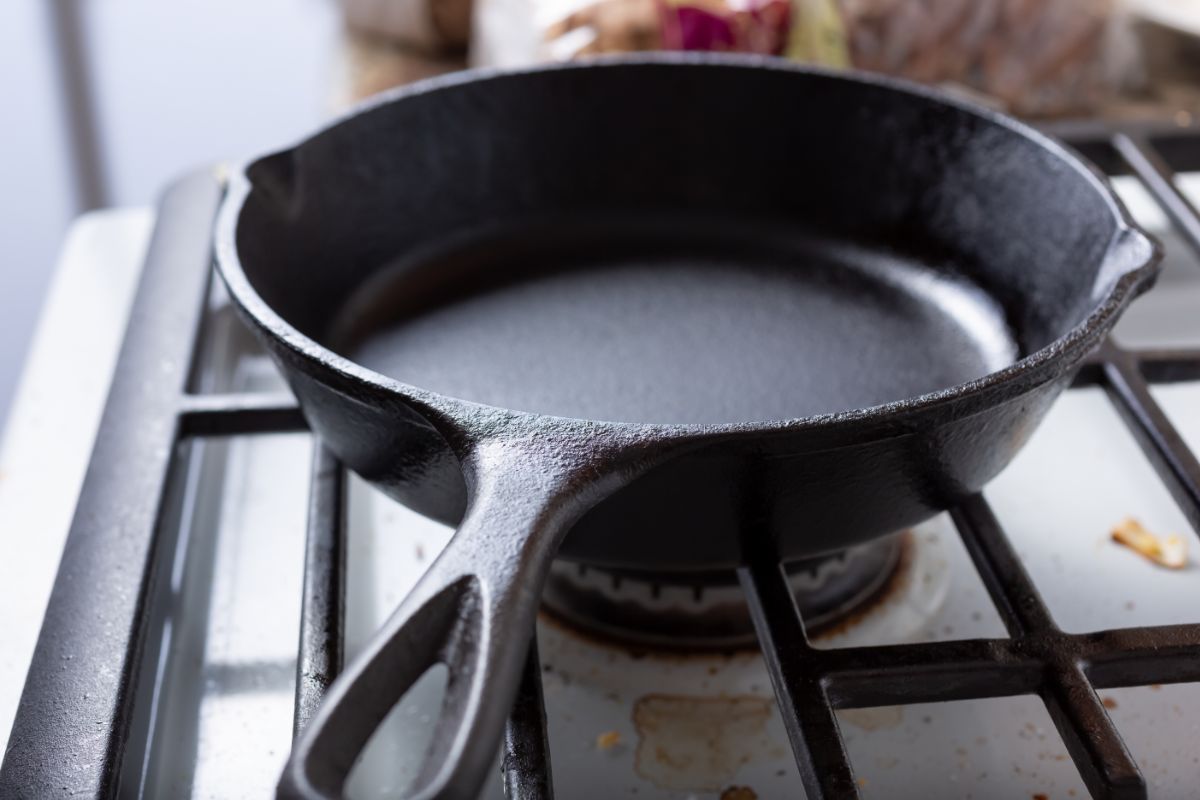
Cast iron cookware is an incredibly versatile, durable and affordable option for any kitchen. It is ideal for cooking a wide range of foods, including steaks, stews, roasts, stir-fries, and more.
The benefits of using cast iron cookware are numerous and include improved flavor, increased heat retention, and even health benefits. The most notable benefit of using cast iron cookware is the improved flavor of the food.
Because cast iron is so good at distributing heat evenly, it allows the food to cook more evenly and develop a more flavorful crust. Additionally, cast iron is naturally non-stick, so oil and fats are not needed for cooking.
This prevents the food from sticking to the pan, and helps to keep the flavor of the food intact. Additionally, the cast iron can be seasoned to create a non-stick cooking surface that will never need to be replaced.
Another great benefit of cast iron cookware is its durability and heat retention. The cast iron is able to withstand extremely high temperatures and is not easily damaged, making it a great choice for any kitchen.
Lastly, cast iron can actually help to improve the nutritional value of some foods, as it can help to introduce iron into the body through the cooking process. The downside to cast iron cookware is it can be more costly.
Copper
Copper baking pans are becoming incredibly popular for those who bake frequently. The metal is known as an excellent conductor of heat, meaning it evenly distributes the heat to food while cooking or baking in the oven.
Unlike other materials such as aluminum or nonstick surfaces, copper cake pans and other copper cookware won’t scorch your food with hotspots. Copper also has a much higher melting point than most metals, typically up to 500 °F (ca. 260 °C).
This means bakers can use their copper product in extreme heat settings without fear of it melting.
Silicone
Silicone is a type of polymer used in the production of various products, from sealants to cooking utensils. But while silicone cooking equipment is a great alternative when facing the heat in the kitchen, do keep in mind that its capacity is still limited.
Unlike stainless steel bakeware which can easily withstand oven temperatures up to 500 °F (ca. 260 °C) and even higher, silicon can only resist up to 428 °F (ca. 220 °C).
Any direct contact with extreme heat sources such as open flame or heating elements can melt or warp your precious cookware; hence it’s not recommended to use silicone near them.
Nonetheless, when used correctly and within its limits, there’s no denying that silicone products make for great alternatives for anyone looking for additional convenience and durability when baking their favorite dishes at home.
Final Thoughts
Yes, aluminum pans can go in the oven. However, it is important to be aware that not all aluminum pans are created equal. Some aluminum pans may not be able to withstand high temperatures or may not be suitable for baking.
It is best to read the manufacturer’s instructions prior to using any type of cookware in the oven. Another factor to consider when using aluminum pans in the oven is the type of food being cooked.
A pan that is designed for roasting vegetables or baking cakes may not be suitable for other types of dishes, such as casseroles or lasagna. Additionally, some recipes require specific types of cookware for optimal results.
For example, a recipe calling for an enameled cast iron skillet will require a different type of pan than one that calls for a non-stick aluminum pan. It is also important to remember that some aluminum pans may discolor or warp when exposed to extreme temperatures over long periods of time.
To prevent this from happening and ensure that your cooking results are always optimal, it is wise to use only high quality cookware in the oven and follow manufacturer’s directions explicitly when doing so.
If possible, it’s always best to have a selection of different cookware, so you can use the one that is most suited to your recipes.
- How To Reheat A Cheesesteak - November 5, 2023
- What Are Three Must Have Kitchen Knives? - September 22, 2023
- How To Protect Edges Of Pie Crust - June 15, 2023



